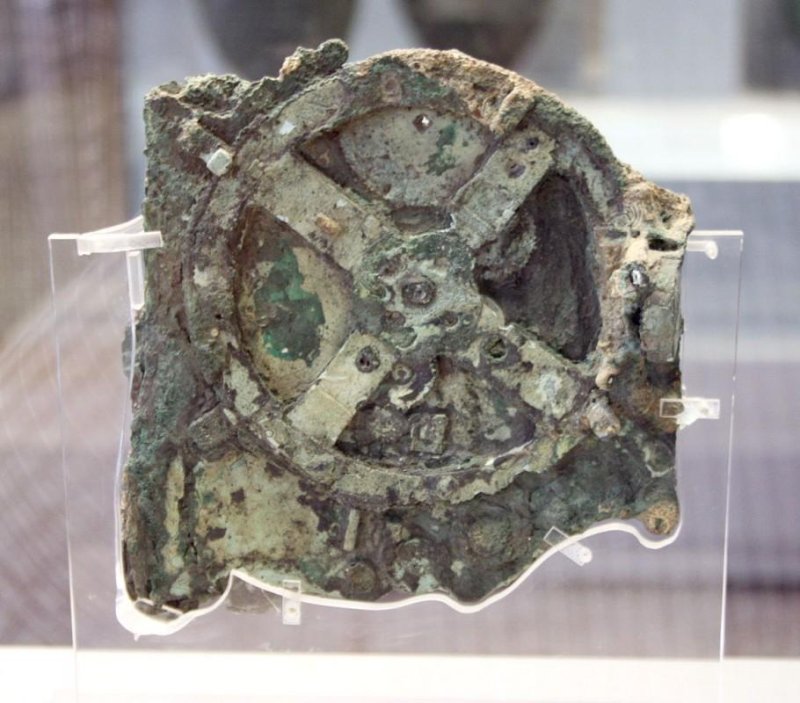 Long considered the world's first computer, the Antikythera Mechanism is now thought to be 100 years older than first determined, researchers said.
Long considered the world's first computer, the Antikythera Mechanism is now thought to be 100 years older than first determined, researchers said.
The bronze mechanism, discovered in 1901 in a shipwreck off the Greek island of Antikythera, was initially dated to 150 to 100 BCE, but researchers now found that it recorded a solar eclipse that happened on May 12, 205 BCE.
The research, published in the Archive for History of Exact Sciences, found the mechanism's calendar to be 50 years to a century older than first believed. Researchers from the University of Puget Sound in Washington and the National University of Quilmes in Argentina said the mechanism allowed Greeks to predict eclipses, but wasn't based on Greek trigonometry, which didn't yet exist.
Instead, it was based on Babylonian arithmetic, borrowed by the Greeks, and a study of Babylonian eclipse records revealed when the device was made to start.


 A newly discovered species of large dinosaur lived in marshy areas, hunted for fish and had...
A newly discovered species of large dinosaur lived in marshy areas, hunted for fish and had... Scientists may have discovered an explanation for a cosmic mystery uncovered by the James Webb Space...
Scientists may have discovered an explanation for a cosmic mystery uncovered by the James Webb Space... She navigated segregation to become an esteemed mathematician — and today, her work helps billions of...
She navigated segregation to become an esteemed mathematician — and today, her work helps billions of... NASA is cutting short a mission at the International Space Station due to a medical issue...
NASA is cutting short a mission at the International Space Station due to a medical issue...






























